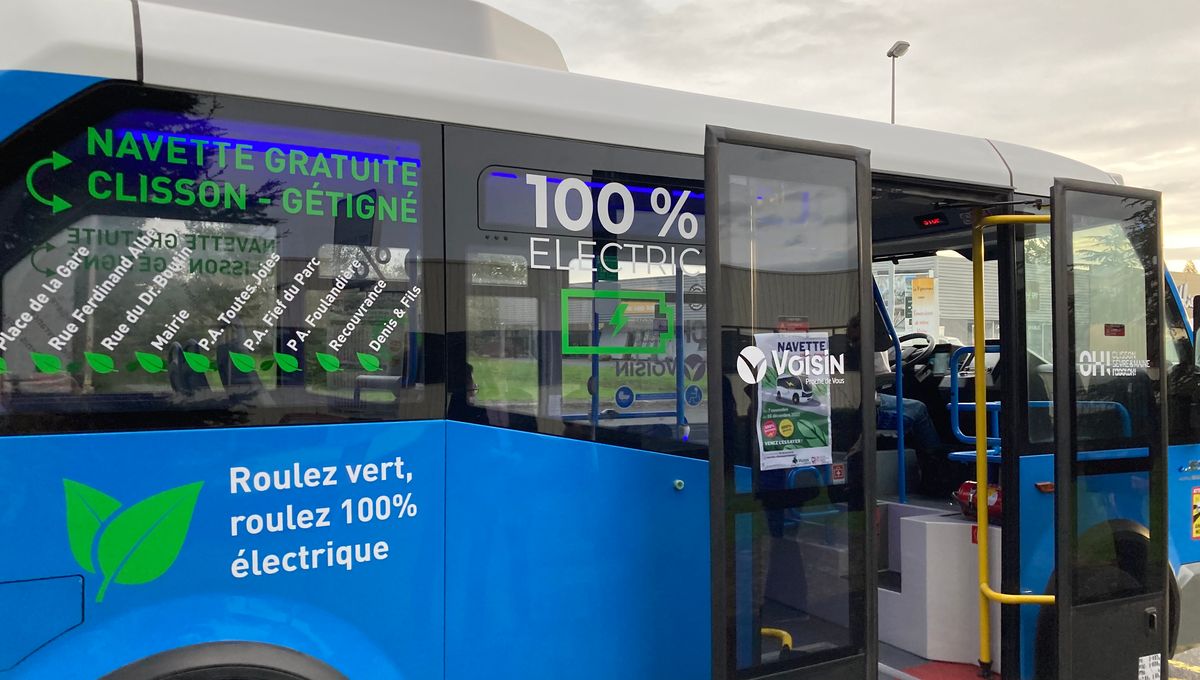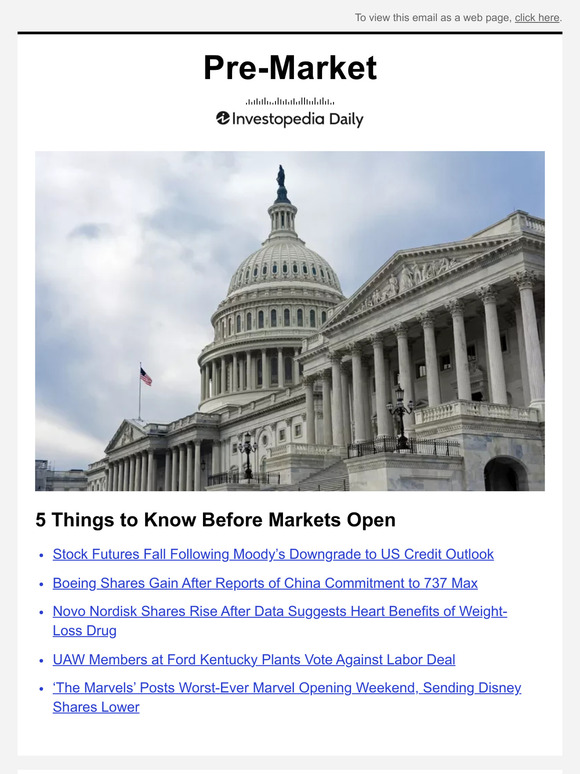Meta's Antitrust Defense: Key Developments In The FTC Trial

Table of Contents
The FTC's Core Allegations Against Meta
The FTC's lawsuit against Meta centers on the argument that Meta engaged in anti-competitive acquisitions to maintain its market dominance. The core allegations revolve around Meta's purchases of Instagram and WhatsApp. The FTC contends that these acquisitions weren't about innovation or synergy; instead, they were strategic moves to eliminate potential rivals and stifle competition.
- Acquisition of Instagram stifled competition in photo-sharing: The FTC argues that Meta acquired Instagram, a burgeoning competitor in the photo-sharing market, to prevent it from challenging Facebook's dominance. They claim this prevented innovation and consumer choice.
- Acquisition of WhatsApp eliminated a potential rival in messaging: Similarly, the FTC alleges that Meta's acquisition of WhatsApp, a leading messaging platform, eliminated a significant competitor and cemented Meta's control over the messaging market.
- Allegations of leveraging market dominance to suppress competition: Beyond the acquisitions themselves, the FTC alleges Meta used its market power to suppress competition through various other practices. These practices, though not explicitly detailed in all public filings, likely involve leveraging data advantages and network effects to disadvantage competitors.
- Details on how these acquisitions allegedly violated antitrust laws: The FTC claims these acquisitions violate antitrust laws by substantially lessening competition and creating a monopoly in social networking and related services. The specific laws cited likely include sections of the Clayton Act and Sherman Act.
Meta's Antitrust Defense Strategies
Meta's defense in the Facebook antitrust case rests on several key pillars. They argue that the acquisitions were pro-competitive, spurred innovation, and ultimately benefited consumers.
- Argument that acquisitions spurred innovation and benefited consumers: Meta claims that integrating Instagram and WhatsApp into its ecosystem led to significant innovations and improved user experiences. They point to cross-platform features and functionalities as evidence of this claim.
- Claims that the FTC is misunderstanding the competitive landscape: Meta argues the FTC is not accounting for the dynamic nature of the digital market and is misinterpreting the competitive landscape. They cite the emergence of new competitors in various social media and messaging spaces.
- Emphasis on the benefits of integration and economies of scale: Meta stresses the benefits of integrating its various services, arguing that this integration provides economies of scale and allows for better resource allocation, leading to greater innovation and improved services for users.
- Presentation of evidence supporting their claims (user growth, market share data): Meta is presenting extensive data on user growth, market share, and innovation to support its claims. This data is designed to demonstrate that the acquisitions did not harm competition but, in fact, fostered growth and innovation.
Key Witnesses and Testimony
The Meta trial testimony has featured numerous key witnesses from both sides, shaping the public narrative and impacting the case's trajectory.
- Highlight key points made by Meta's CEO and other executives: Mark Zuckerberg's testimony, as Meta's CEO, is a crucial element of the defense, focusing on the business rationale for the acquisitions and the benefits to users.
- Mention testimony from competitors or experts presented by the FTC: The FTC has presented testimony from competitors and expert witnesses who argue that the acquisitions were anti-competitive and harmed the market.
- Analyze the impact of witness testimonies on public perception: The public perception of the testimony from both sides is crucial. Effective communication and persuasive arguments can sway public opinion, influencing the overall narrative.
- Mention any noteworthy cross-examinations or challenges to credibility: The cross-examinations of witnesses from both sides are key moments in the trial, testing the validity and credibility of presented information and shaping the overall narrative. The FTC witness testimony has undoubtedly been challenged in these cross-examinations.
Potential Outcomes and Implications
The potential outcomes of the Meta antitrust trial outcome are multifaceted and carry significant implications for the tech industry.
- Analysis of the judge's potential decisions: The judge could rule in favor of the FTC, potentially ordering divestiture (forcing Meta to sell Instagram and/or WhatsApp), imposing fines, or implementing other structural changes. Alternatively, the judge could dismiss the case, finding no violation of antitrust laws.
- Potential impact on future tech acquisitions: The outcome will significantly impact how future tech acquisitions are scrutinized and regulated. It could lead to stricter enforcement of antitrust laws or a more lenient approach.
- Implications for antitrust enforcement in the tech industry: This case sets a precedent for antitrust enforcement in the rapidly evolving tech landscape. The decision will influence future legal battles and the overall regulatory environment.
- Discussion on the broader impact on competition and innovation: The final ruling will have a significant impact on competition and innovation within the social media and technology sectors. A ruling against Meta could encourage more competition, while a ruling in Meta's favor could solidify its dominance.
Conclusion
The Meta antitrust trial is a landmark case with far-reaching implications for the tech industry. Meta’s defense against the FTC’s accusations has hinged on arguments regarding innovation, consumer benefits, and a complex competitive landscape. The outcome will significantly shape future antitrust enforcement and the landscape of social media and tech mergers and acquisitions. Staying informed about further developments in the Meta antitrust trial is crucial for understanding the future of competition and regulation in the digital age. Continue following the unfolding case to stay abreast of the latest information and analysis surrounding this crucial legal battle.

Featured Posts
-
 A Supercomputer In Space Chinas Innovative Approach To Computing
May 21, 2025
A Supercomputer In Space Chinas Innovative Approach To Computing
May 21, 2025 -
 Essai D Une Navette Gratuite Entre La Haye Fouassiere Et Haute Goulaine
May 21, 2025
Essai D Une Navette Gratuite Entre La Haye Fouassiere Et Haute Goulaine
May 21, 2025 -
 Funbox Indoor Bounce Park Opens In Mesa Arizona
May 21, 2025
Funbox Indoor Bounce Park Opens In Mesa Arizona
May 21, 2025 -
 Market Reaction Dow Futures And Dollar Slip Post Moodys Downgrade
May 21, 2025
Market Reaction Dow Futures And Dollar Slip Post Moodys Downgrade
May 21, 2025 -
 Updated Trans Australia Run Record Attempt
May 21, 2025
Updated Trans Australia Run Record Attempt
May 21, 2025
